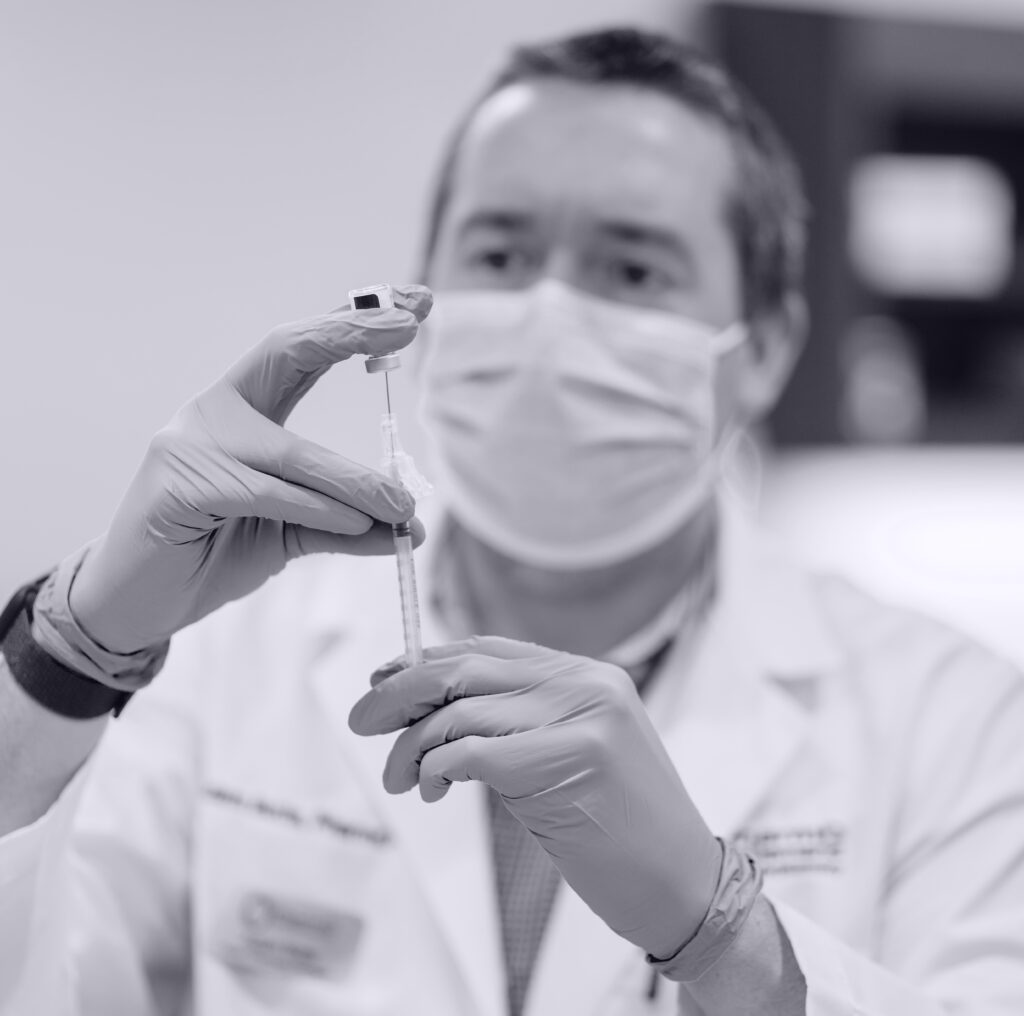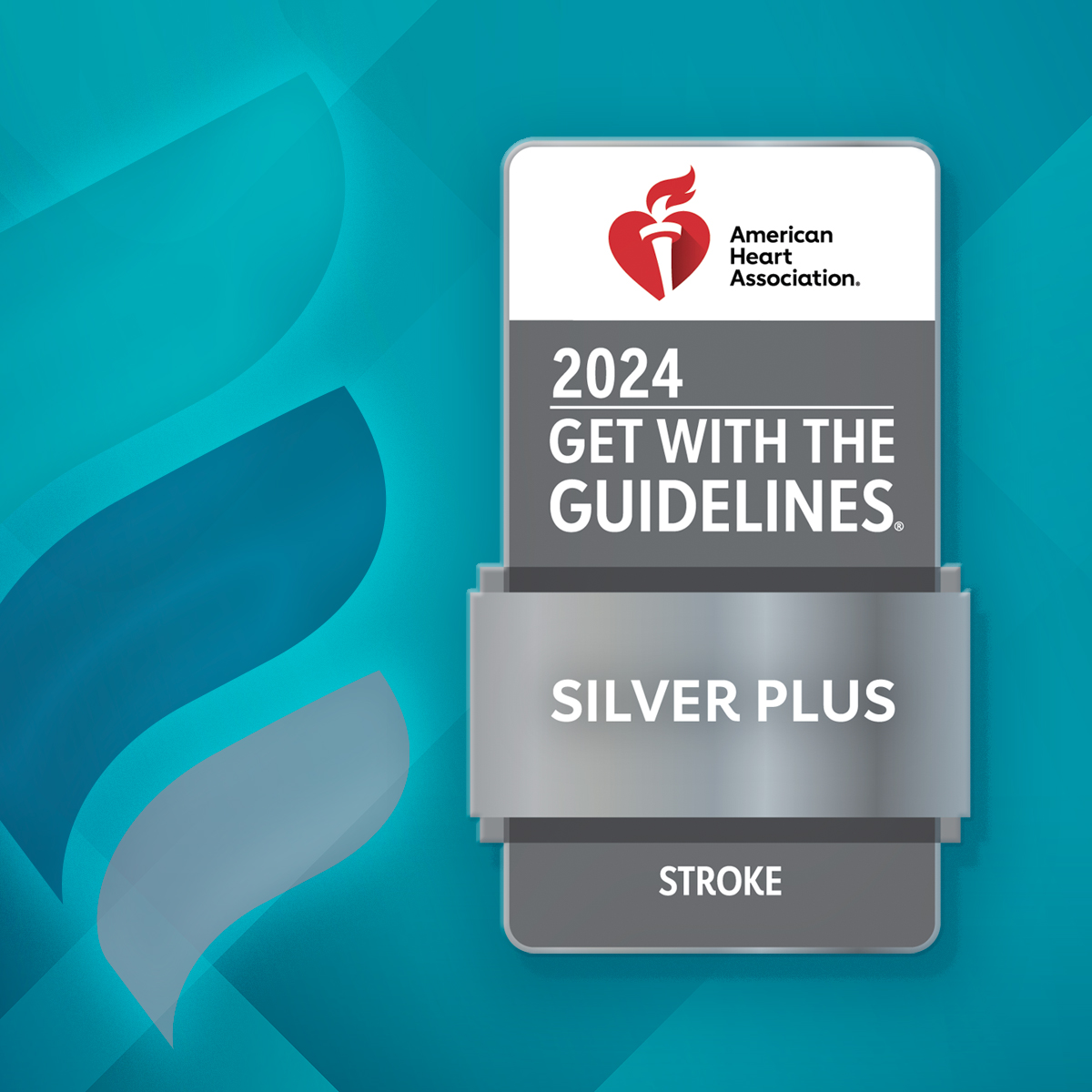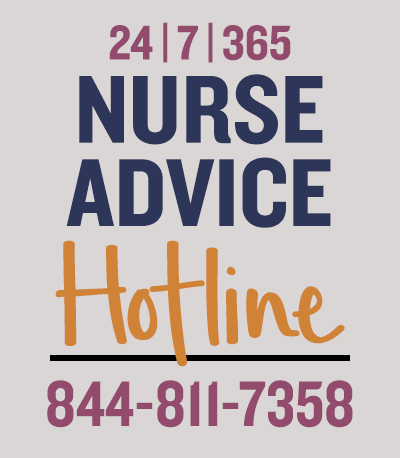 The information shared here is an excerpt from the CDC website and is provided strictly for educational purposes. Please visit the CDC.gov for the up-to-date and complete information, along with additional FAQ’s at https://www.cdc.gov/coronavirus/2019-ncov/vaccines/faq.html
The information shared here is an excerpt from the CDC website and is provided strictly for educational purposes. Please visit the CDC.gov for the up-to-date and complete information, along with additional FAQ’s at https://www.cdc.gov/coronavirus/2019-ncov/vaccines/faq.html
8 Things to Know about the COVID-19 Vaccination Program
- The safety of COVID-19 vaccines is a top priority.
The U.S. vaccine safety system ensures that all vaccines are as safe as possible. Learn how federal partners are working together to ensure the safety of COVID-19 vaccines.
CDC has developed a new tool, v-safe, as an additional layer of safety monitoring to increase our ability to rapidly detect any safety issues with COVID-19 vaccines. V-safe is a new smartphone-based, after-vaccination health checker for people who receive COVID-19 vaccines.
- COVID-19 vaccination will help protect you from getting COVID-19. Two doses are needed.
Depending on the specific vaccine you get, a second shot 3-4 weeks after your first shot is needed to get the most protection the vaccine has to offer against this serious disease. Learn more about the benefits of getting vaccinated.
- CDC is making recommendations for who should be offered COVID-19 vaccine first when supplies are limited.
To help guide decisions about how to distribute limited initial supplies of COVID-19 vaccine, CDC and the Advisory Committee on Immunization Practices have published recommendations for which groups should be vaccinated first. Learn more about who should be vaccinated first when vaccine supplies are limited. There is currently a limited supply of COVID-19 vaccine in the United States, but supply will increase in the weeks and months to come.
The goal is for everyone to be able to easily get vaccinated against COVID-19 as soon as large enough quantities are available. Once the vaccine is widely available, the plan is to have several thousand vaccination providers offering COVID-19 vaccines in doctors’ offices, retail pharmacies, hospitals, and federally qualified health centers.
- After COVID-19 vaccination, you may have some side effects. This is a normal sign that your body is building protection.
The side effects from COVID-19 vaccination may feel like flu and might even affect your ability to do daily activities, but they should go away in a few days. Learn more about what side effects to expect and get helpful tips on how to reduce pain and discomfort after your vaccination.
- Can a COVID-19 vaccine make me sick with COVID-19?
No. None of the COVID-19 vaccines contain the live virus that causes COVID-19 so a COVID-19 vaccine cannot make you sick with COVID-19. Facts about COVID-19 Vaccines.
- Cost is not an obstacle to getting vaccinated against COVID-19.
Vaccine doses purchased with U.S. taxpayer dollars will be given to the American people at no cost. However, vaccination providers may be able to charge administration fees for giving the shot. Vaccination providers can get this fee reimbursed by the patient’s public or private insurance company or, for uninsured patients, by the Health Resources and Services Administration’s Provider Relief Fund.
- The first COVID-19 vaccines are being used under Emergency Use Authorizations (EUA) from the U.S. Food and Drug Administration (FDA). Many other vaccines are still being developed and tested.
Learn more about FDA’s Emergency Use Authorization authority and watch a video on what an EUA is.
If more COVID-19 vaccines are authorized or approved by FDA, the Advisory Committee on Immunization Practices (ACIP) will quickly hold public meetings to review all available data about each vaccine and make recommendations for their use in the United States. Learn more about how CDC is making COVID-19 vaccine recommendations.
All ACIP-recommended vaccines will be included in the U.S. COVID-19 Vaccination Program. CDC continues to work at all levels with partners, including healthcare associations, on a flexible COVID-19 vaccination program that can accommodate different vaccines and adapt to different scenarios. State, tribal, local, and territorial health departments have developed distribution plans to make sure all recommended vaccines are available to their communities.
- COVID-19 vaccines are one of many important tools to help us stop this pandemic.
It’s important for everyone to continue using all the tools available to help stop this pandemic as we learn more about how COVID-19 vaccines work in real-world conditions. Cover your mouth and nose with a mask when around others, stay at least 6 feet away from others, avoid crowds, and wash your hands often.
Frequently Asked Questions About the COVID Vaccine
- Can a COVID-19 vaccine make me sick with COVID-19?
No. None of the authorized and recommended COVID-19 vaccines or COVID-19 vaccines currently in development in the United States contain the live virus that causes COVID-19. This means that a COVID-19 vaccine cannot make you sick with COVID-19.
There are several different types of vaccines in development. All of them teach our immune systems how to recognize and fight the virus that causes COVID-19. Sometimes this process can cause symptoms, such as fever. These symptoms are normal and are a sign that the body is building protection against the virus that causes COVID-19. Learn more about how COVID-19 vaccines work. It typically takes a few weeks for the body to build immunity (protection against the virus that causes COVID-19) after vaccination. That means it’s possible a person could be infected with the virus that causes COVID-19 just before or just after vaccination and still get sick. This is because the vaccine has not had enough time to provide protection.
- After getting a COVID-19 vaccine, will I test positive for COVID-19 on a viral test?
No. Neither the recently authorized and recommended vaccines nor the other COVID-19 vaccines currently in clinical trials in the United States can cause you to test positive on viral tests, which are used to see if you have a current infection.
If your body develops an immune response—the goal of vaccination—there is a possibility you may test positive on some antibody tests. Antibody tests indicate you had a previous infection and that you may have some level of protection against the virus. Experts are currently looking at how COVID-19 vaccination may affect antibody testing results.
- If I have already had COVID-19 and recovered, do I still need to get vaccinated with a COVID-19 vaccine?
Yes. Due to the severe health risks associated with COVID-19 and the fact that re-infection with COVID-19 is possible, vaccine should be offered to you regardless of whether you already had COVID-19 infection. CDC is providing recommendations to federal, state, and local governments about who should be vaccinated first.
At this time, experts do not know how long someone is protected from getting sick again after recovering from COVID-19. The immunity someone gains from having an infection, called natural immunity, varies from person to person. Some early evidence suggests natural immunity may not last very long.
We won’t know how long immunity produced by vaccination lasts until we have more data on how well the vaccines work. Both natural immunity and vaccine-induced immunity are important aspects of COVID-19 that experts are trying to learn more about, and CDC will keep the public informed as new evidence becomes available.
- Will a COVID-19 vaccination protect me from getting sick with COVID-19?
Yes. COVID-19 vaccination works by teaching your immune system how to recognize and fight the virus that causes COVID-19, and this protects you from getting sick with COVID-19.
Being protected from getting sick is important because even though many people with COVID-19 have only a mild illness, others may get a severe illness, have long-term health effects, or even die. There is no way to know how COVID-19 will affect you, even if you don’t have an increased risk of developing severe complications. Learn more about how COVID-19 vaccines work.
- Can a COVID-19 vaccine make me sick with COVID-19?
No. None of the COVID-19 vaccines contain the live virus that causes COVID-19 so a COVID-19 vaccine cannot make you sick with COVID-19. Facts about COVID-19 Vaccines.
- Cost is not an obstacle to getting vaccinated against COVID-19.
Vaccine doses purchased with U.S. taxpayer dollars will be given to the American people at no cost. However, vaccination providers may be able to charge administration fees for giving the shot. Vaccination providers can get this fee reimbursed by the patient’s public or private insurance company or, for uninsured patients, by the Health Resources and Services Administration’s Provider Relief Fund.
- Will a COVID-19 vaccine alter my DNA?
No. COVID-19 mRNA vaccines do not change or interact with your DNA in any way. Messenger RNA vaccines—also called mRNA vaccines—are the first COVID-19 vaccines authorized for use in the United States. mRNA vaccines teach our cells how to make a protein that triggers an immune response. The mRNA from a COVID-19 vaccine never enters the nucleus of the cell, which is where our DNA is kept. This means the mRNA cannot affect or interact with our DNA in any way. Instead, COVID-19 mRNA vaccines work with the body’s natural defenses to safely develop immunity to disease. Learn more about how COVID-19 mRNA vaccines work. At the end of the process, our bodies have learned how to protect against future infection. That immune response and making antibodies is what protects us from getting infected if the real virus enters our bodies.
- Is it safe for me to get a COVID-19 vaccine if I would like to have a baby one day?
Yes. People who want to get pregnant in the future may receive the COVID-19 vaccine. Based on current knowledge, experts believe that COVID-19 vaccines are unlikely to pose a risk to a person trying to become pregnant in the short or long term. Scientists study every vaccine carefully for side effects immediately and for years afterward. The COVID-19 vaccines are being studied carefully now and will continue to be studied for many years, similar to other vaccines. The COVID-19 vaccine, like other vaccines, works by training our bodies to develop antibodies to fight against the virus that causes COVID-19, to prevent future illness. There is currently no evidence that antibodies formed from COVID-19 vaccination cause any problems with pregnancy, including the development of the placenta. In addition, there is no evidence suggesting that fertility problems are a side effect of ANY vaccine. People who are trying to become pregnant now or who plan to try in the future may receive the COVID-19 vaccine when it becomes available to them.
- Vaccination Information for Women who are Currently Pregnant or Breastfeeding.






